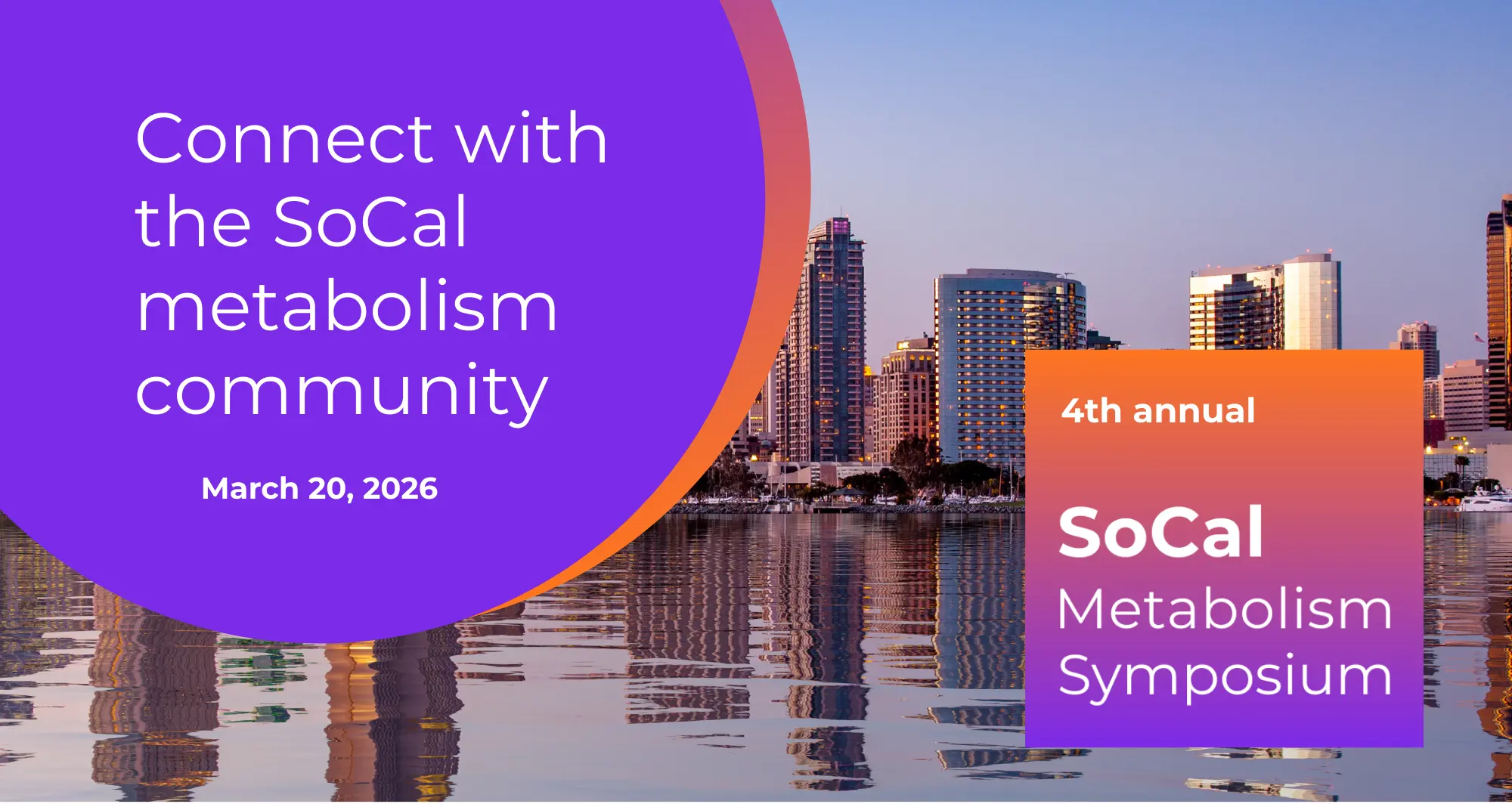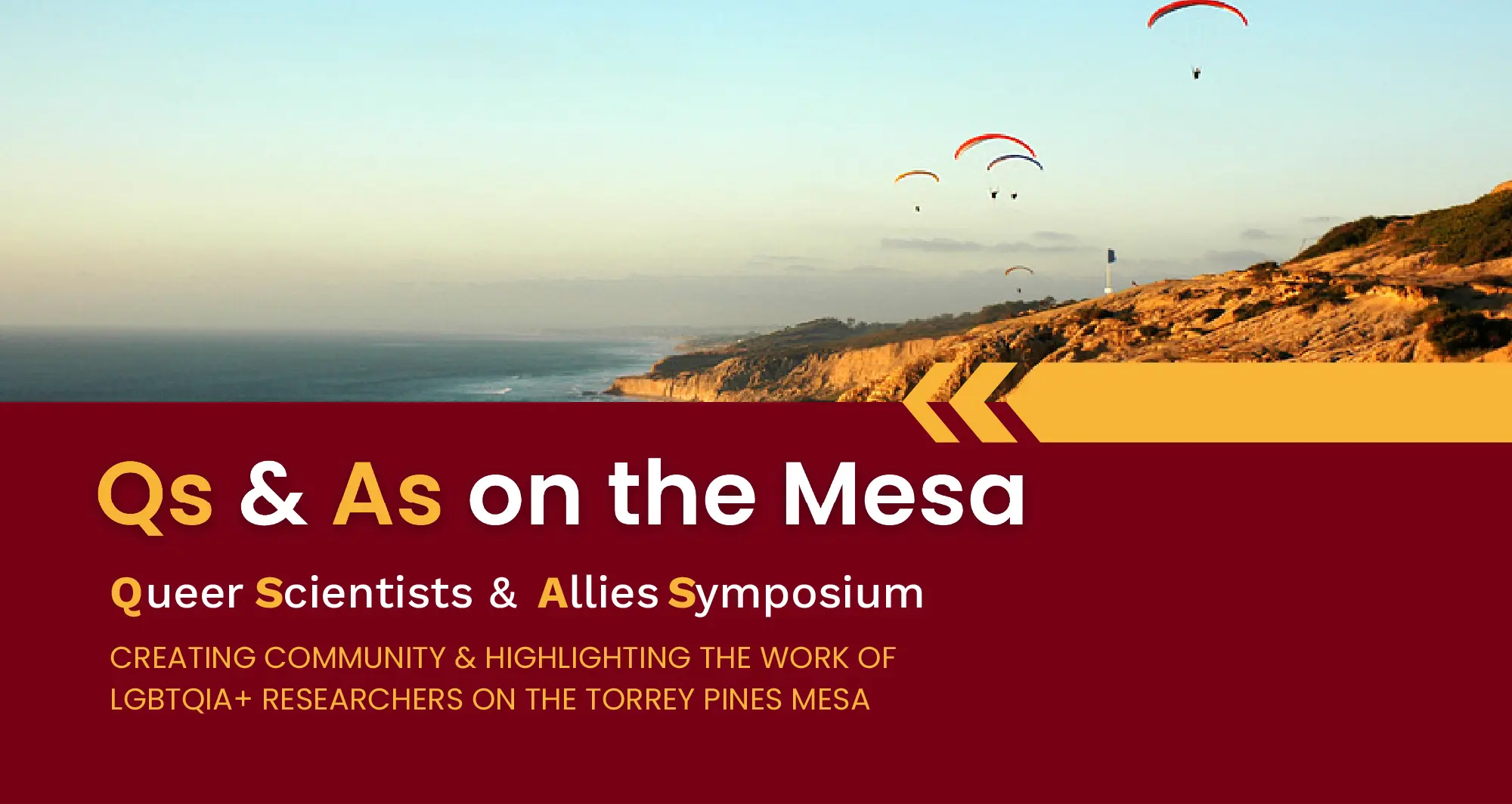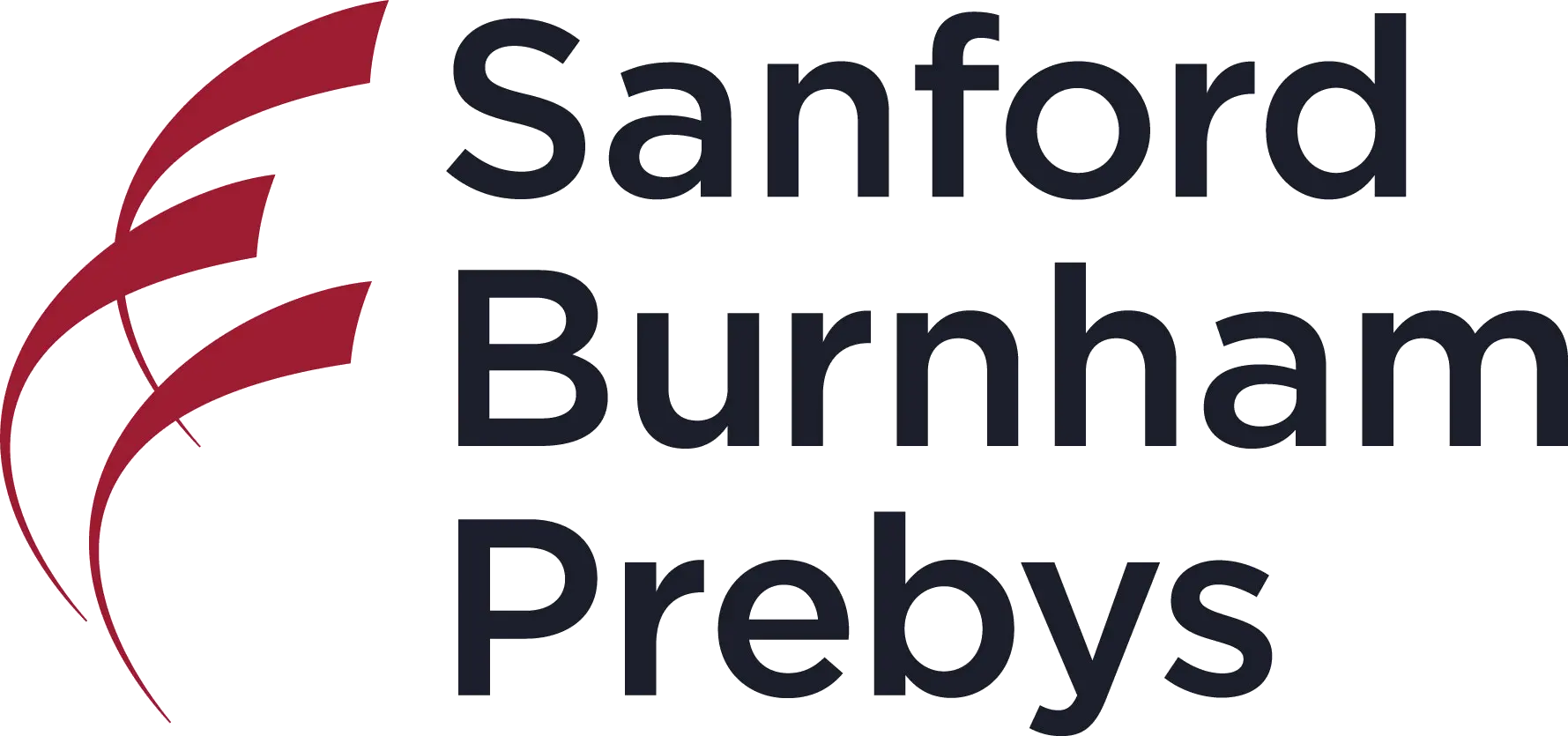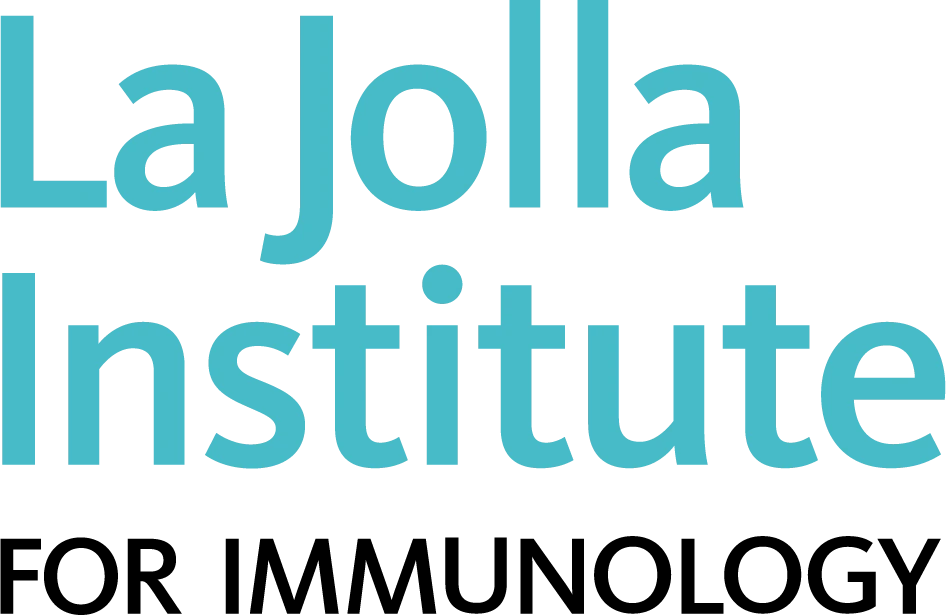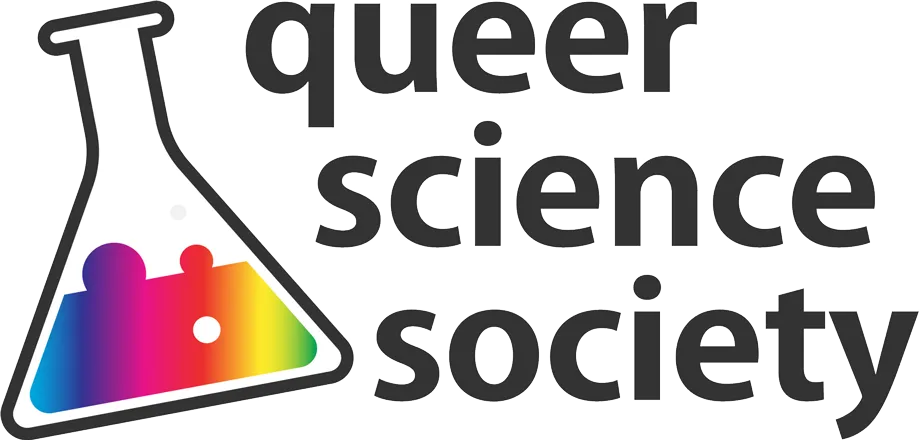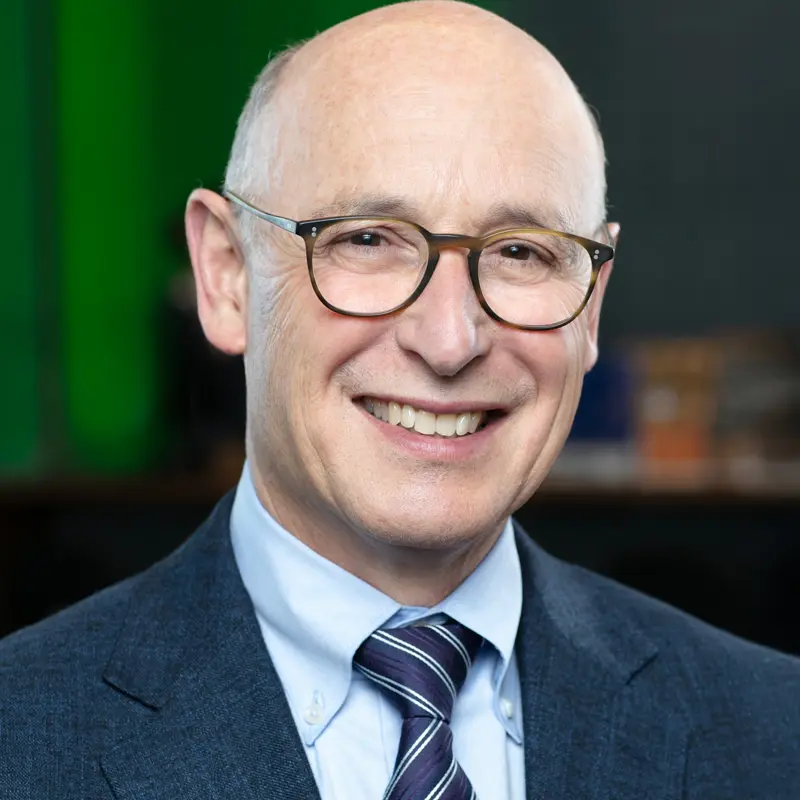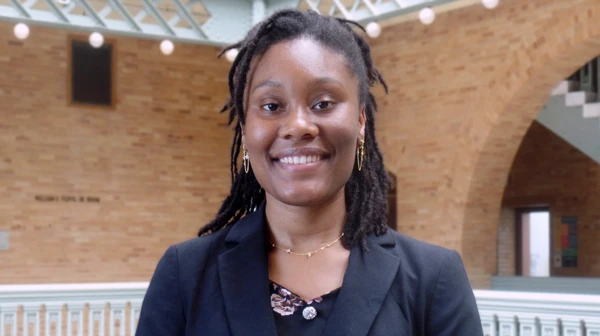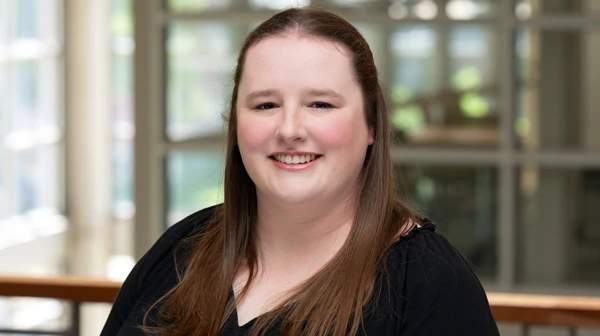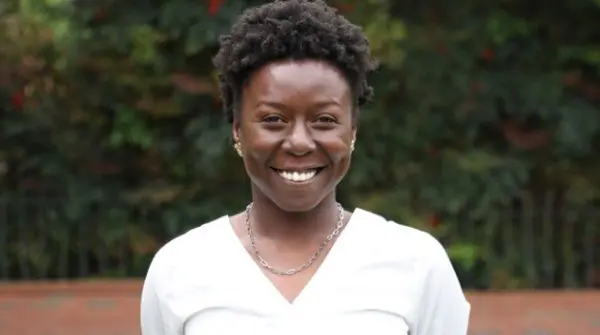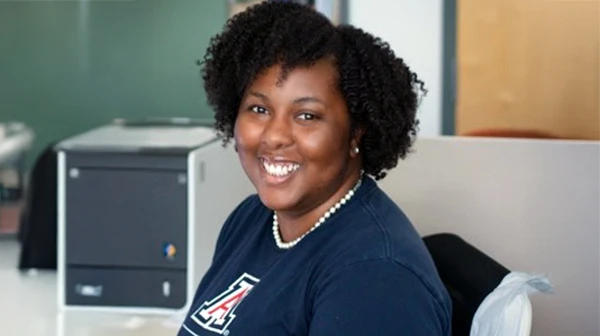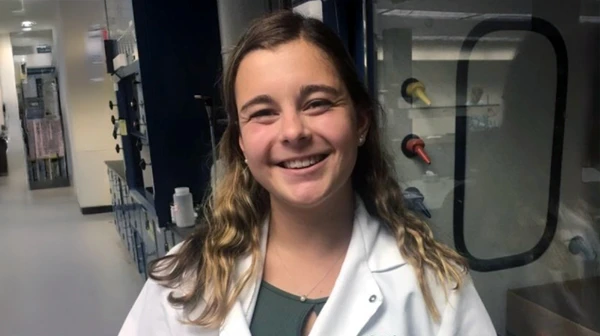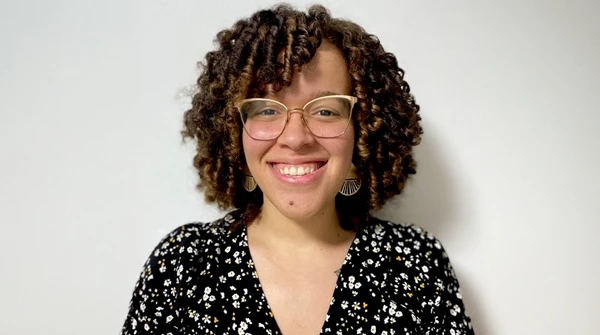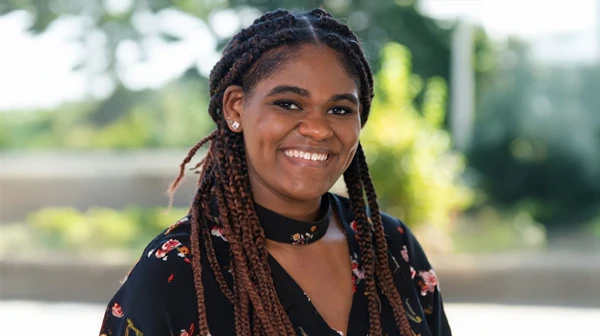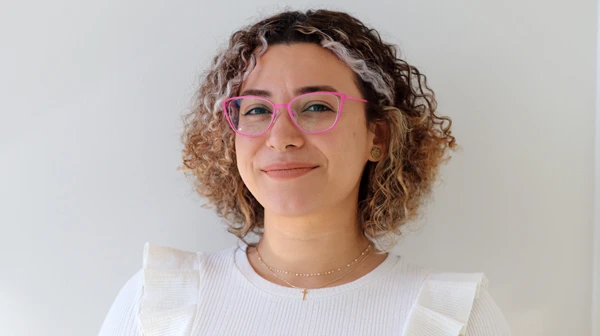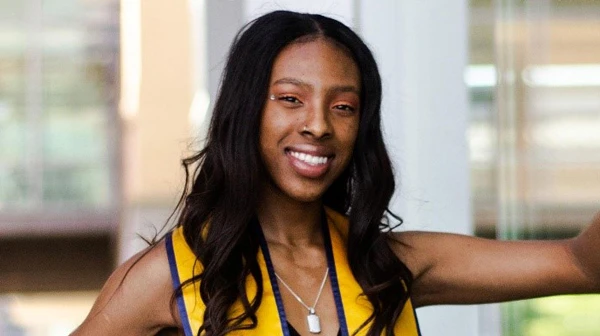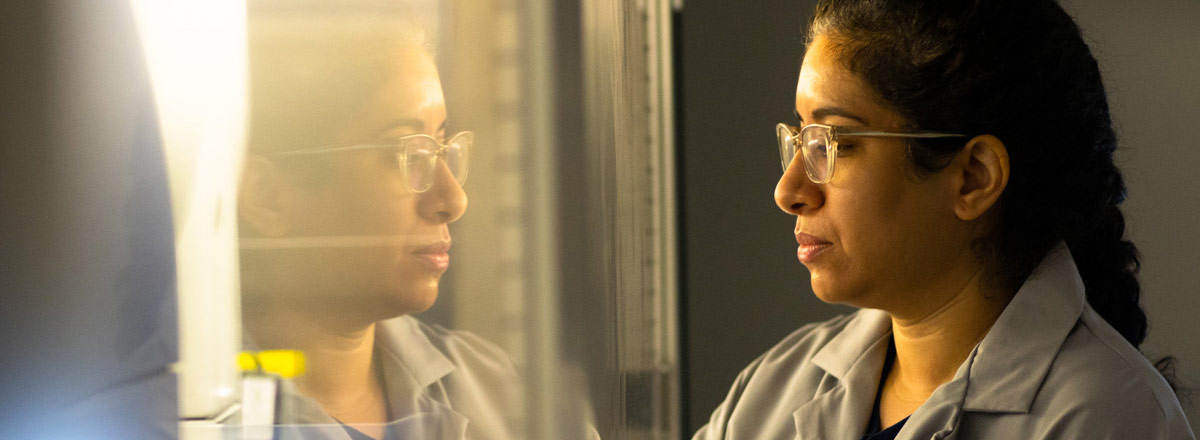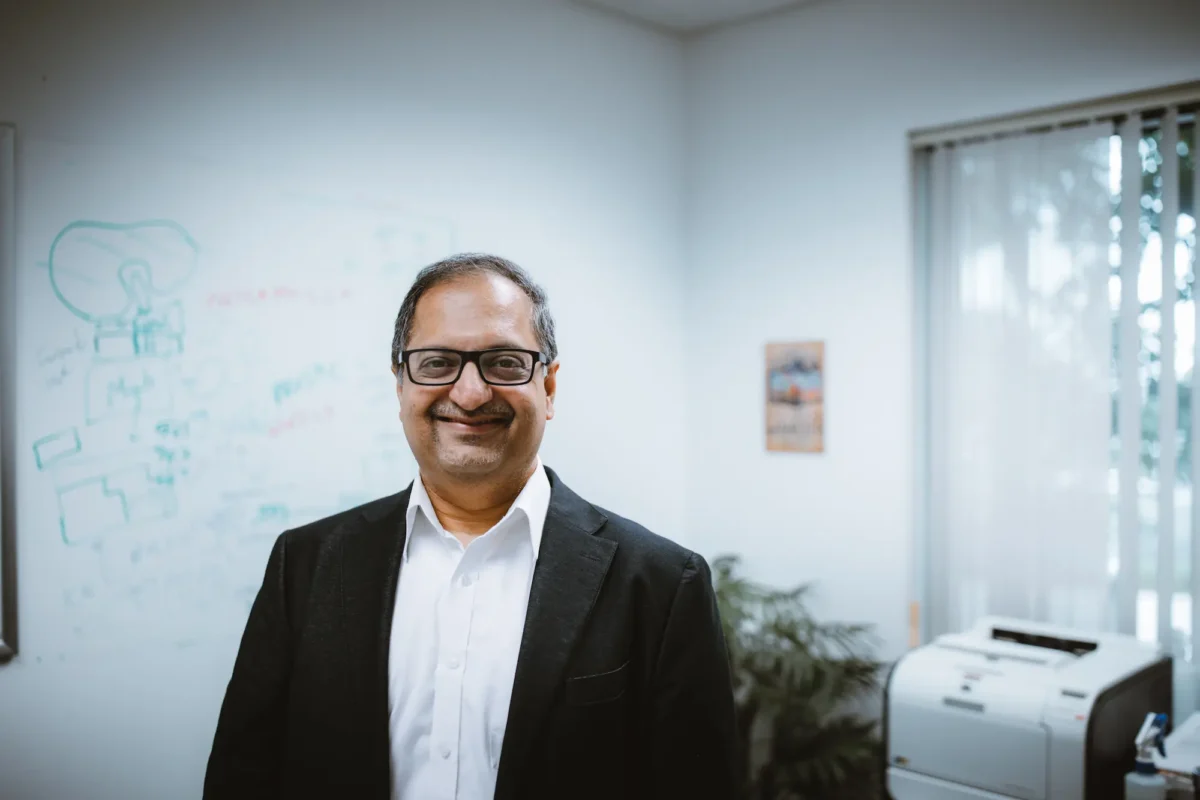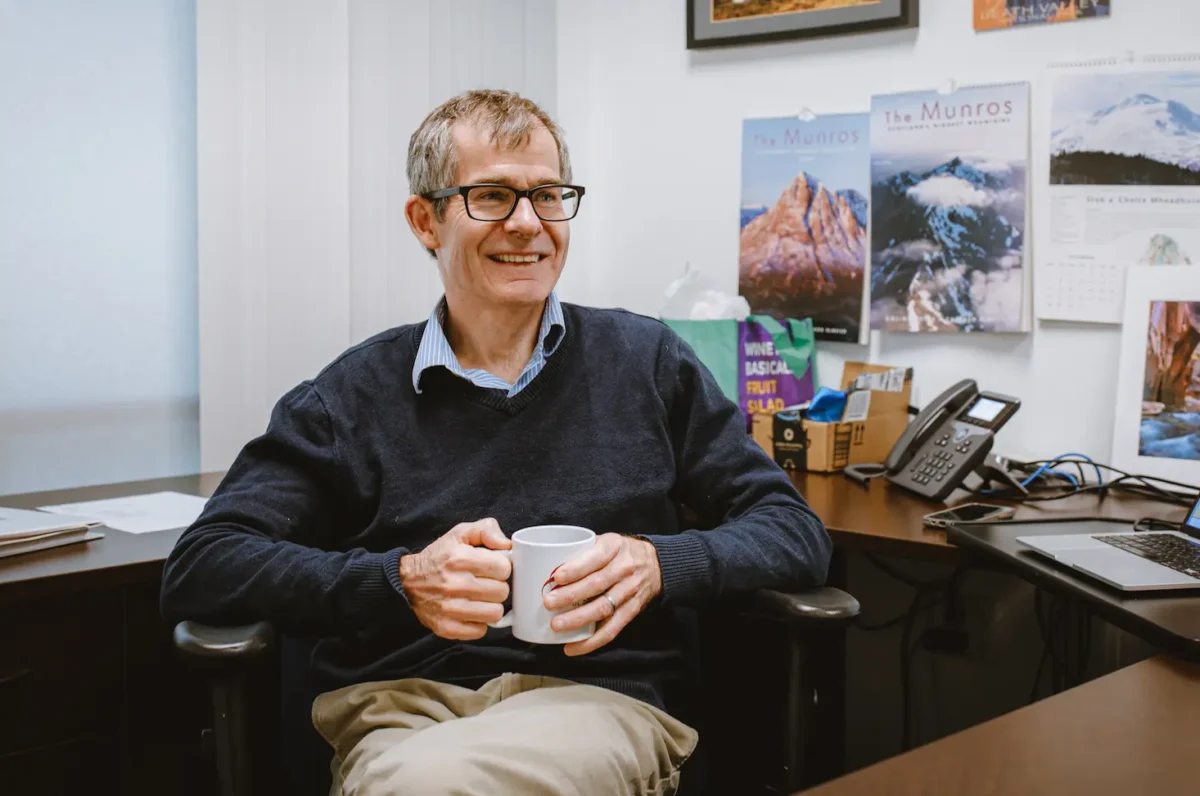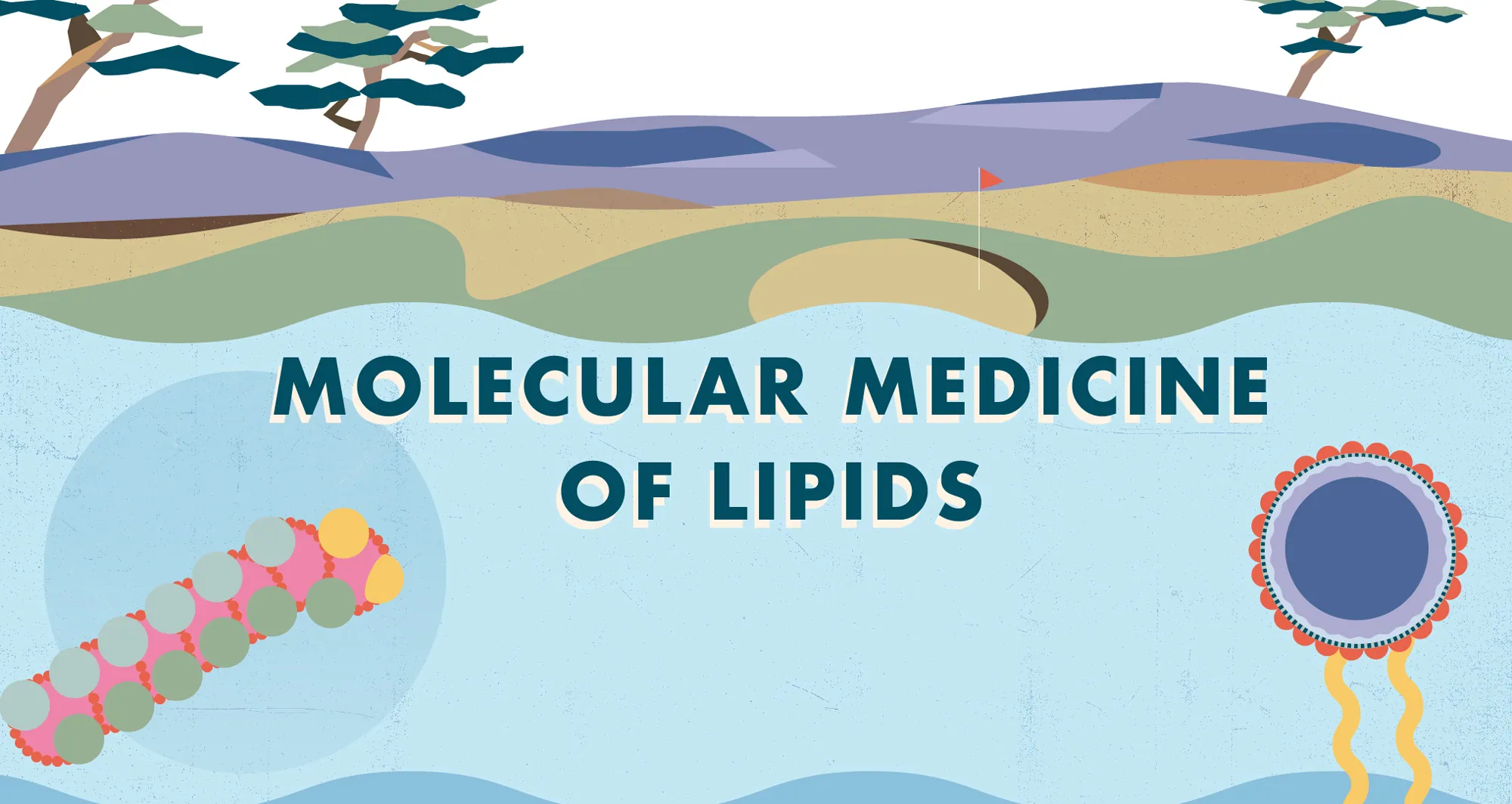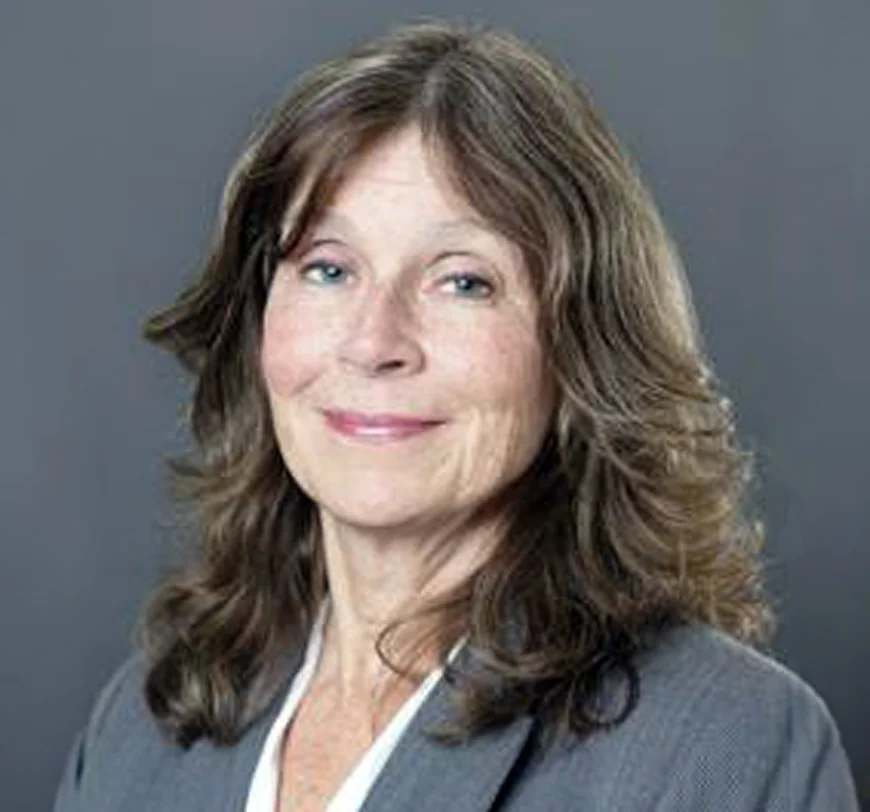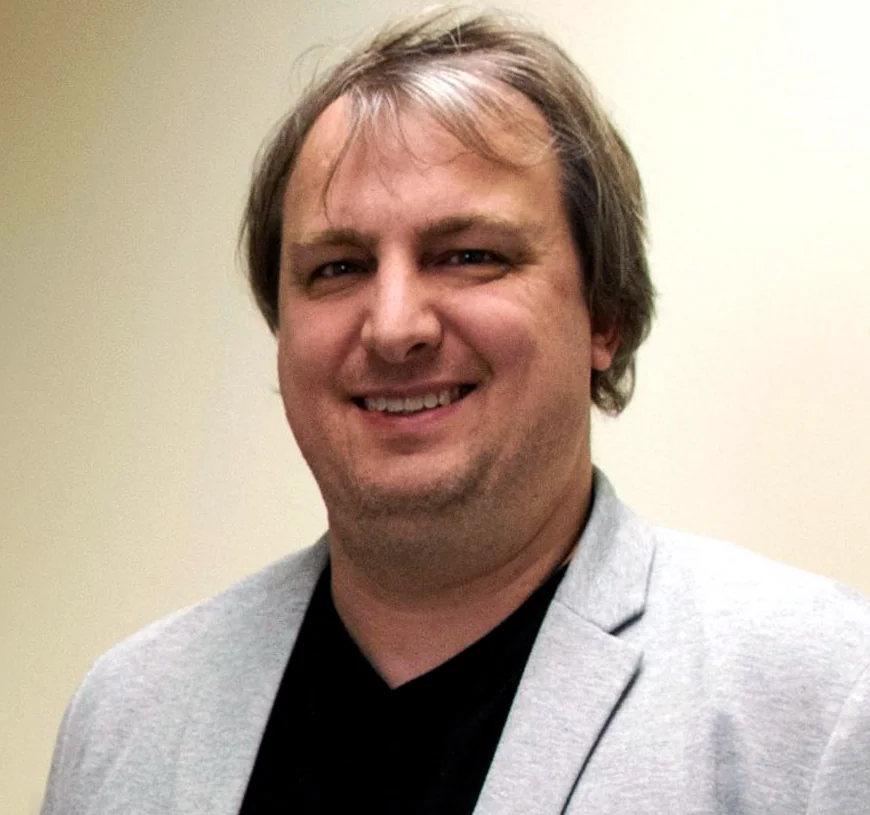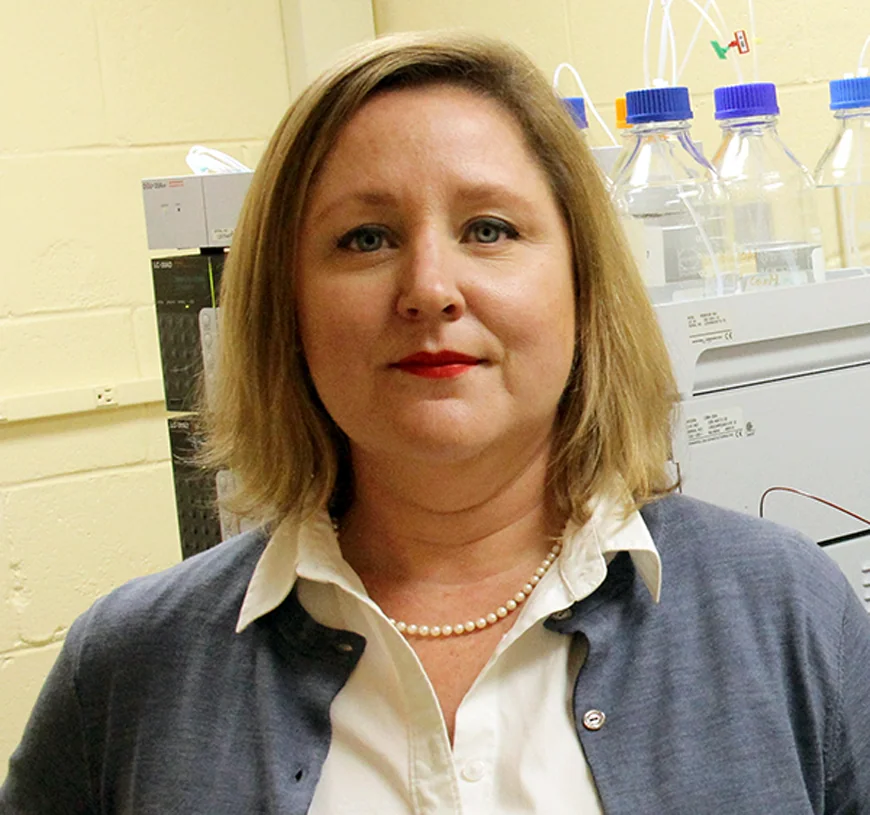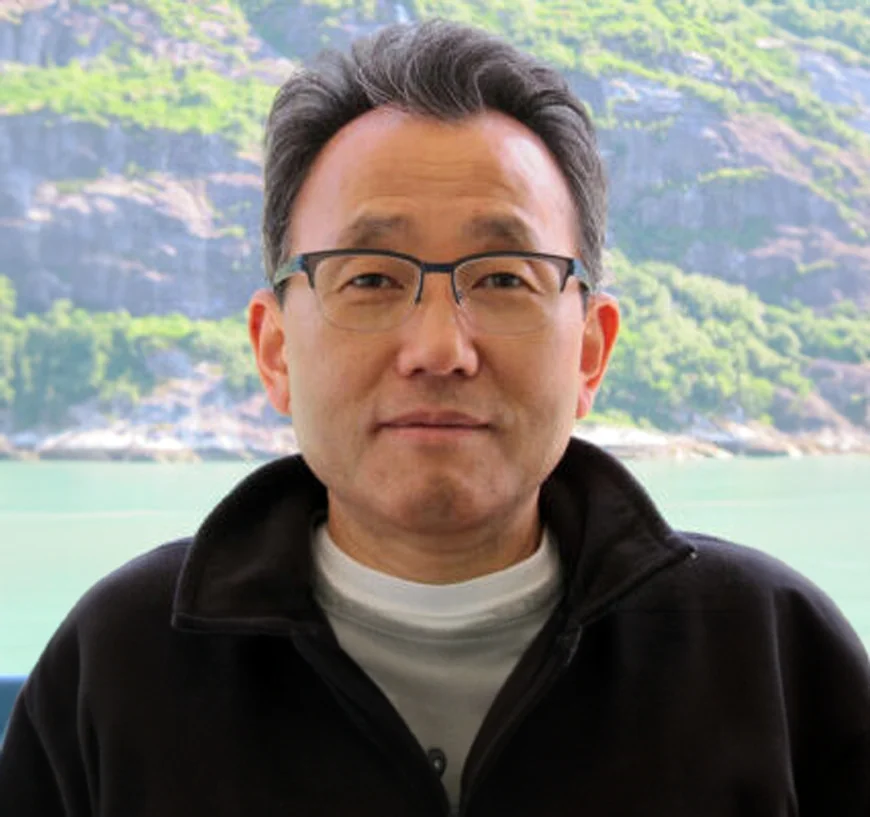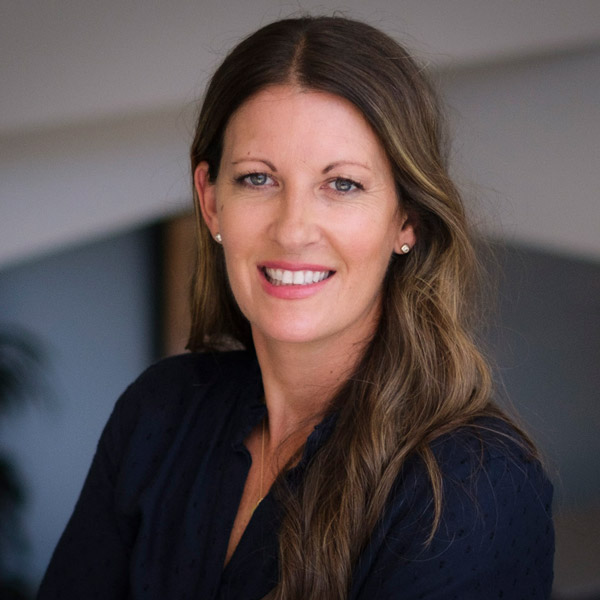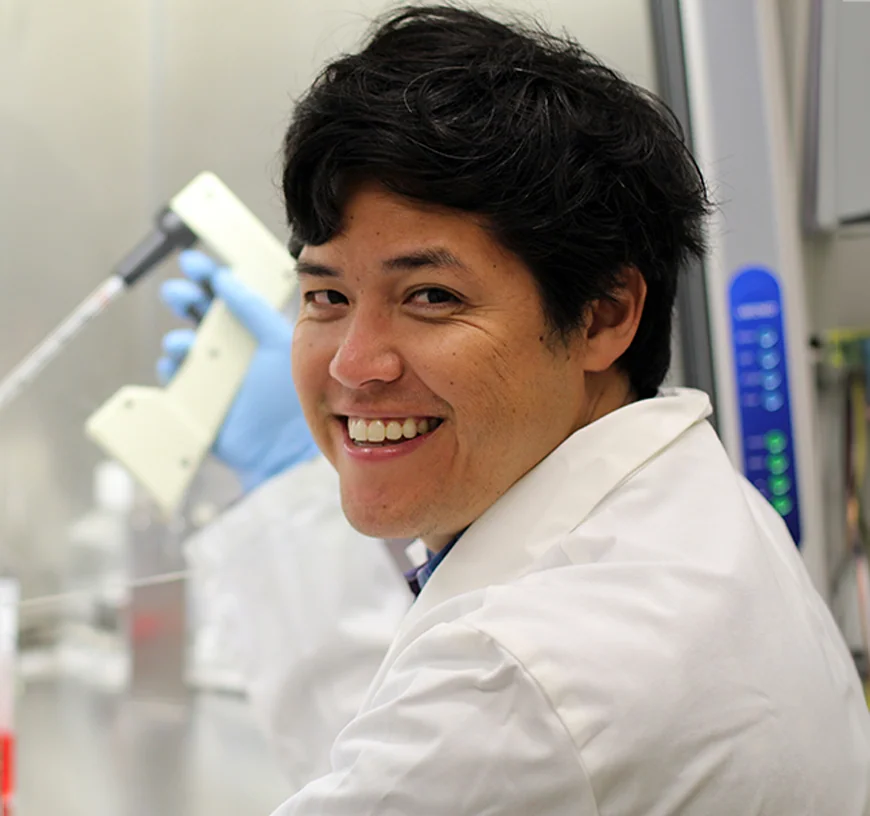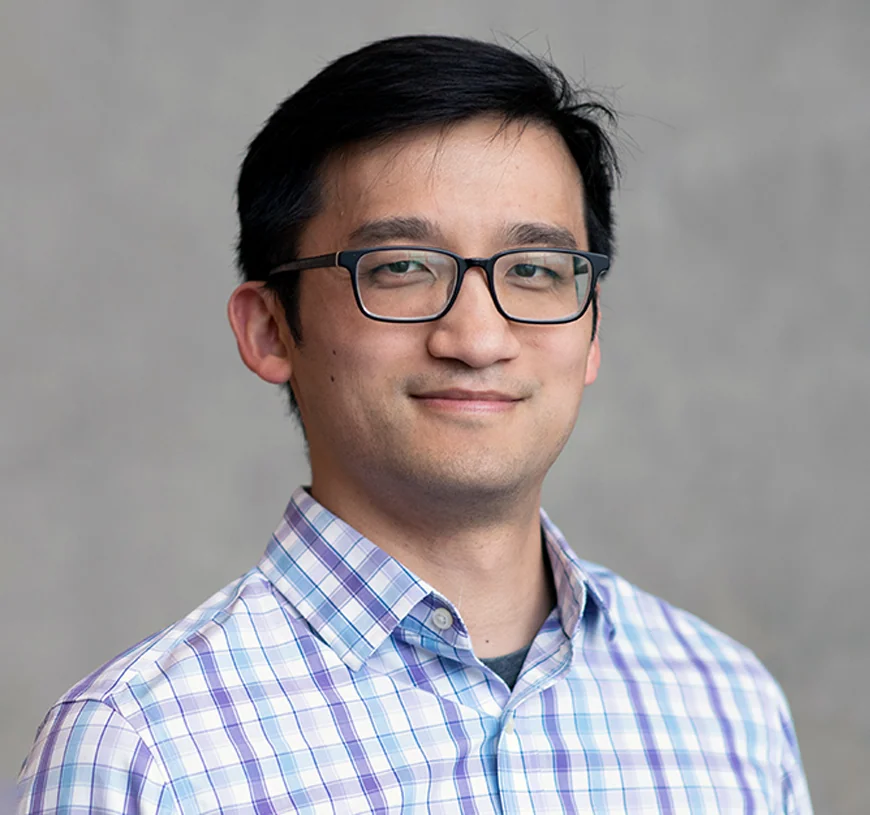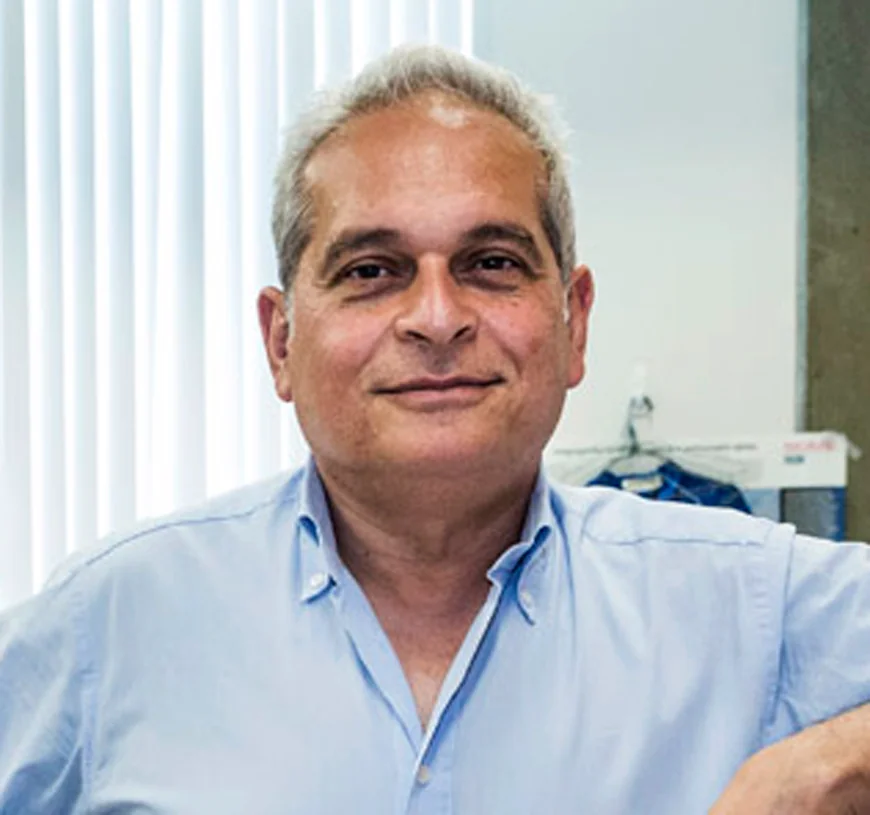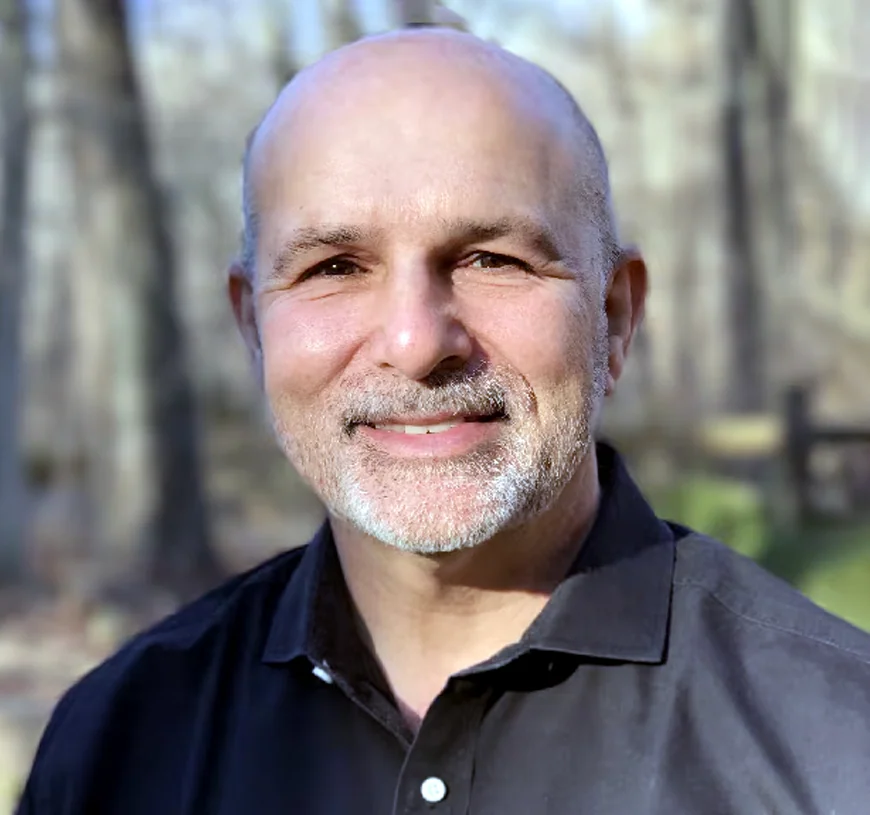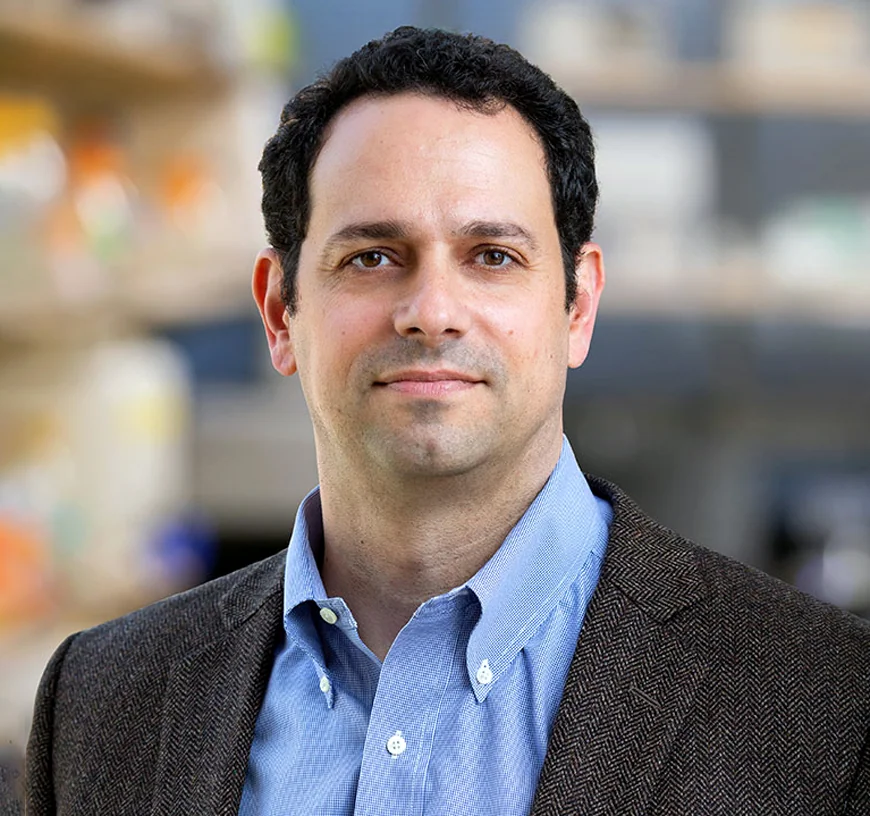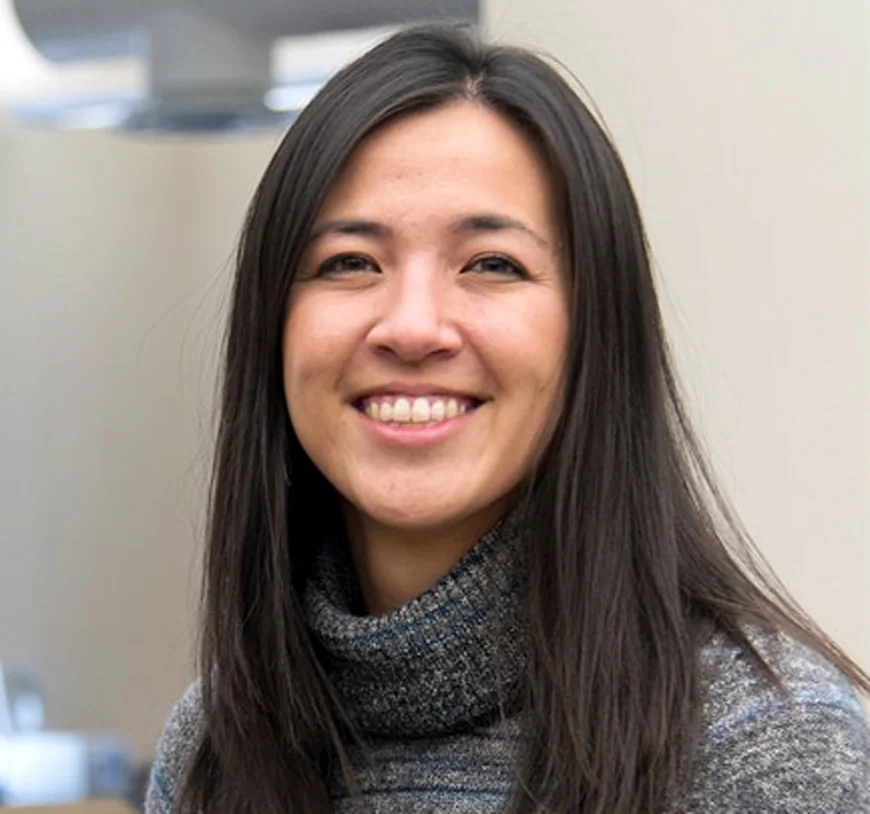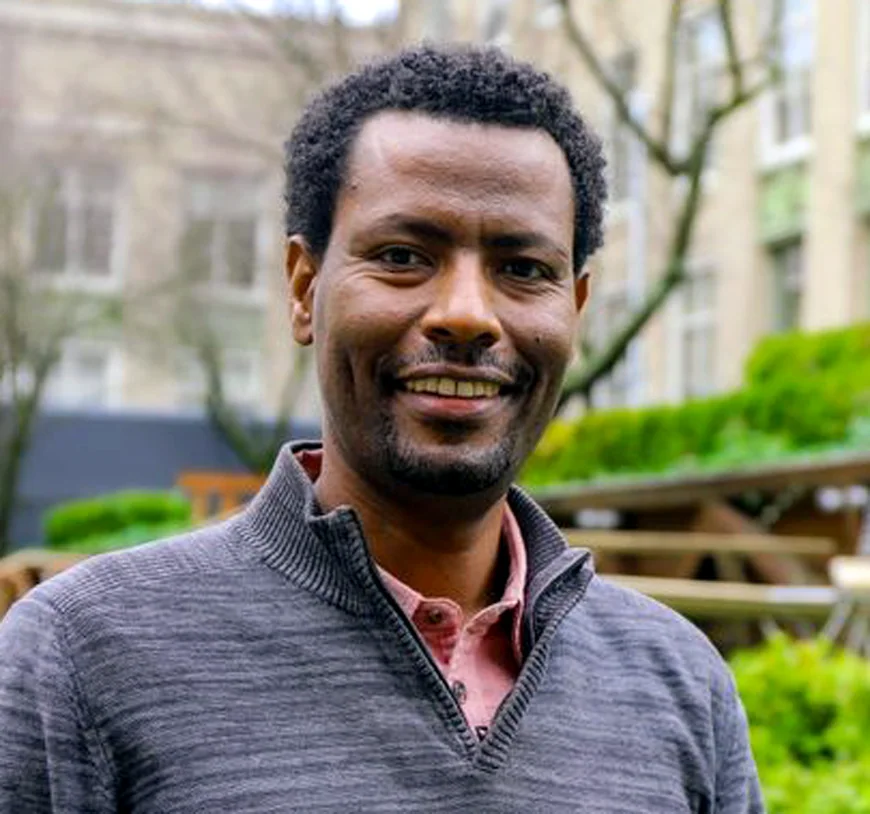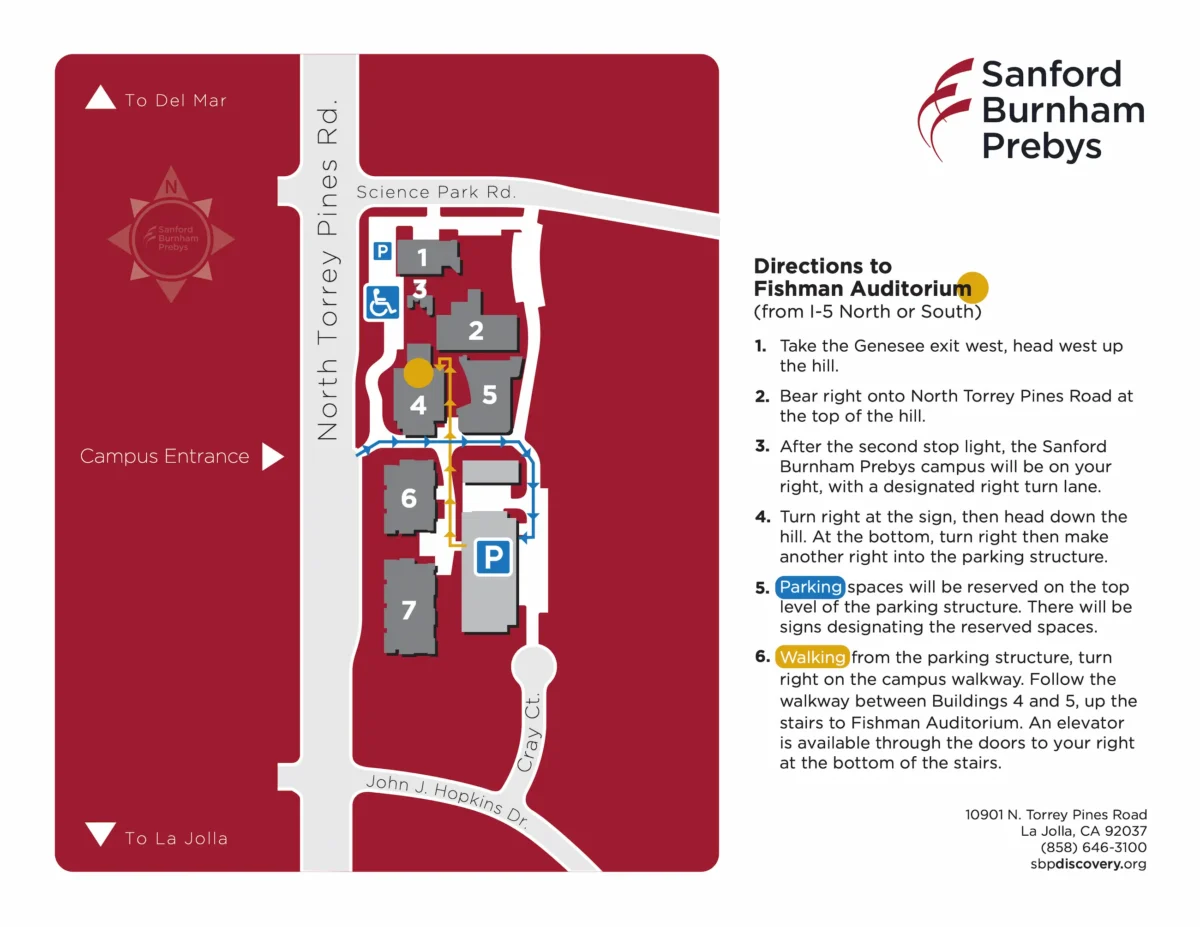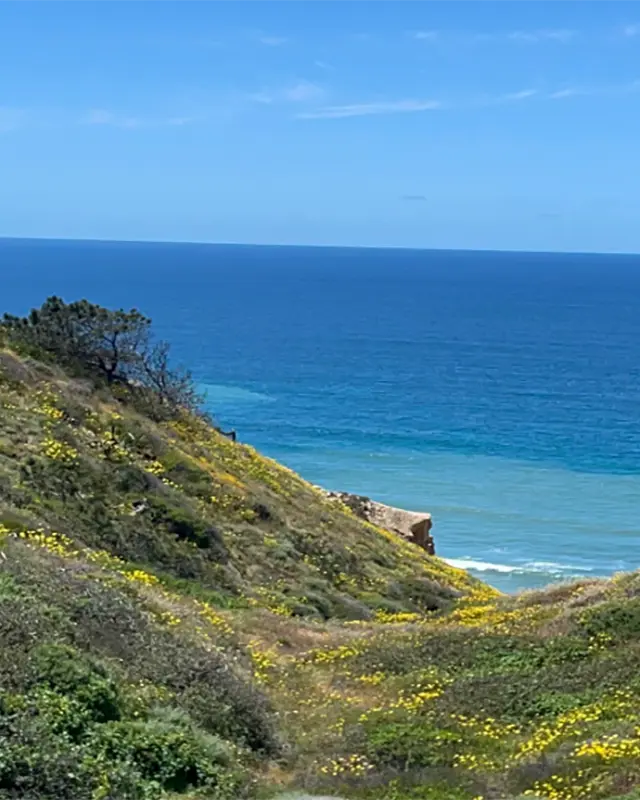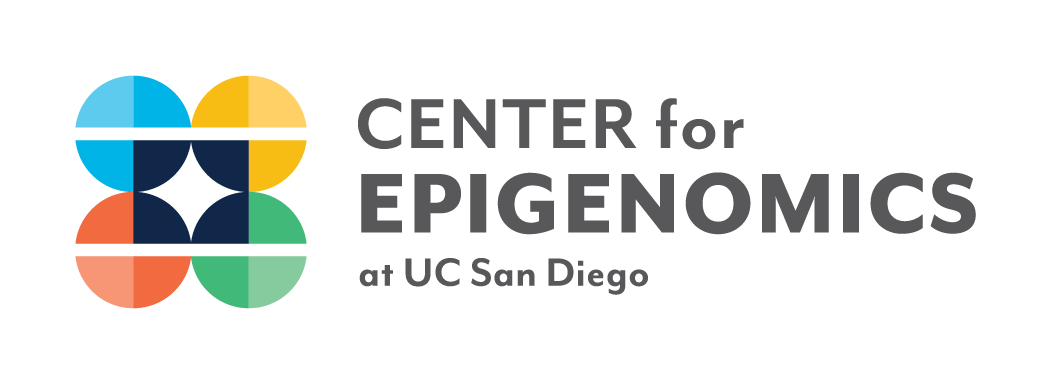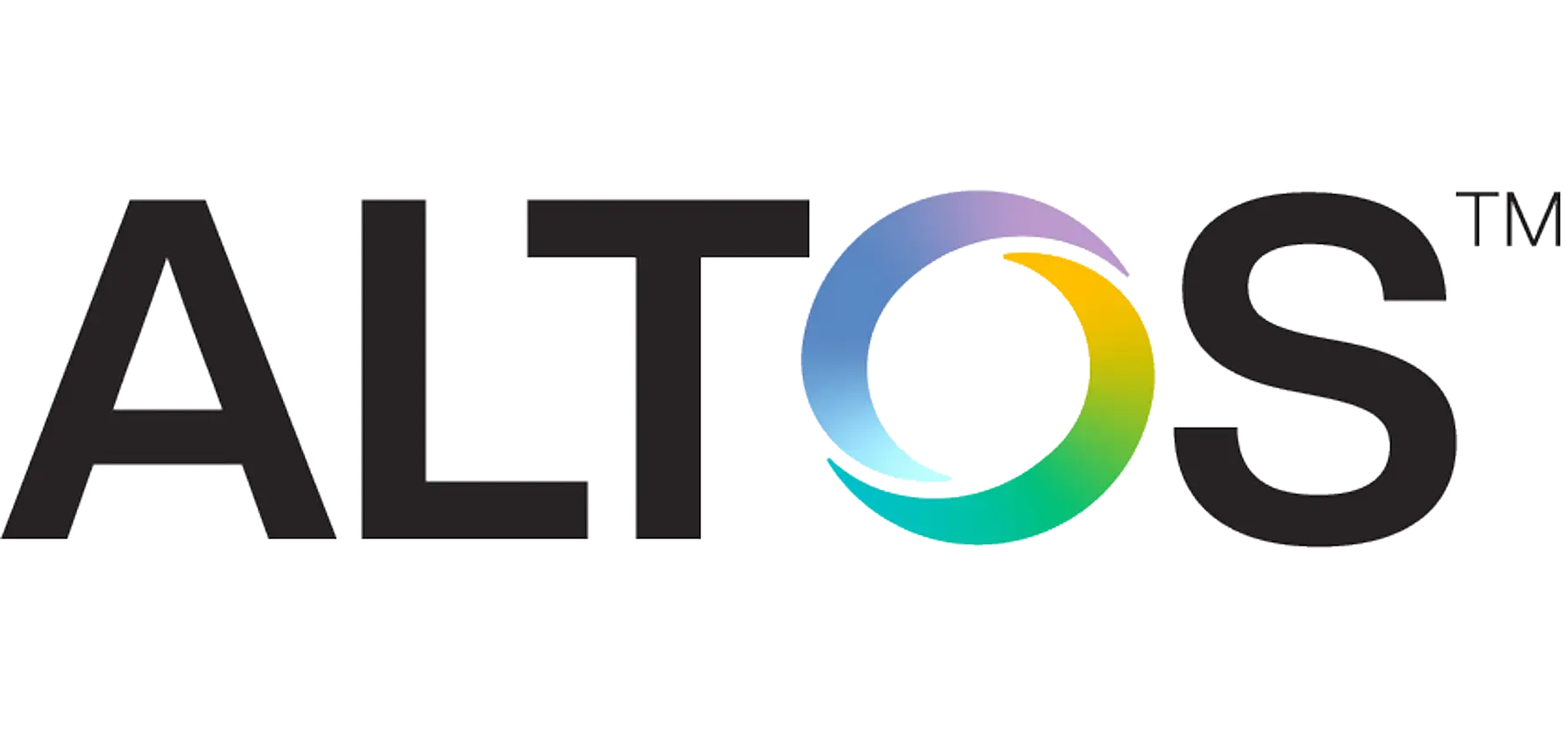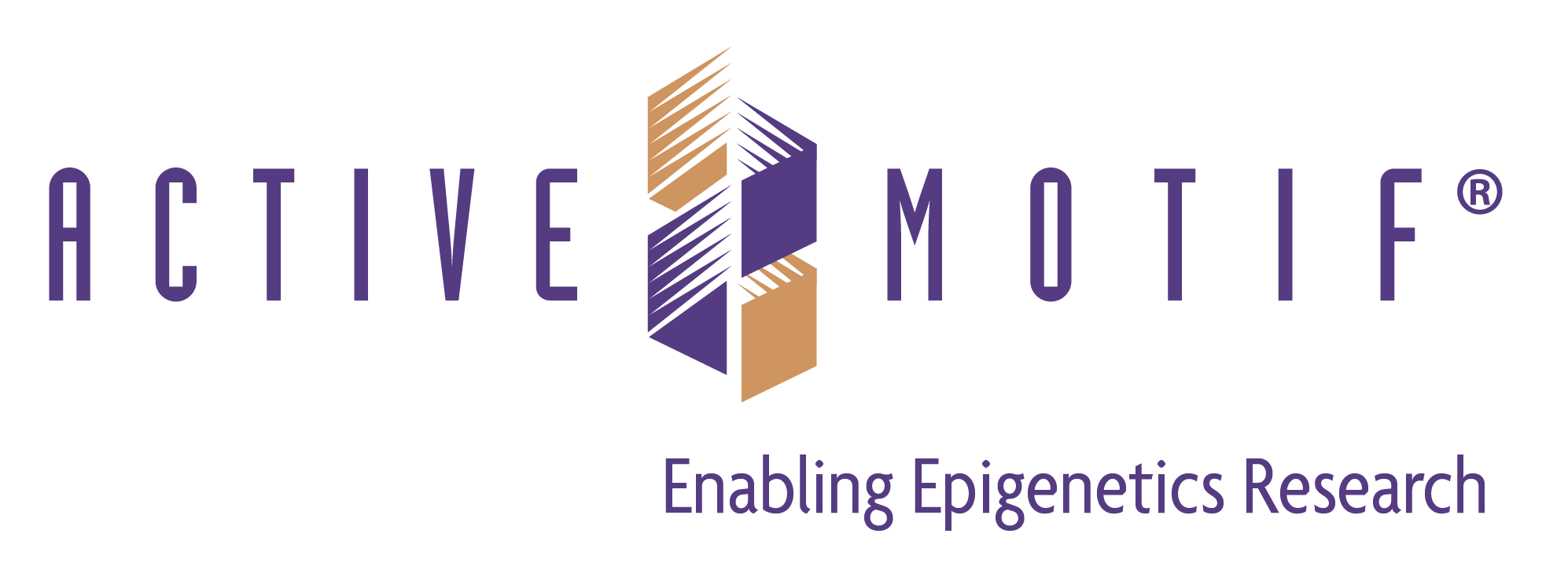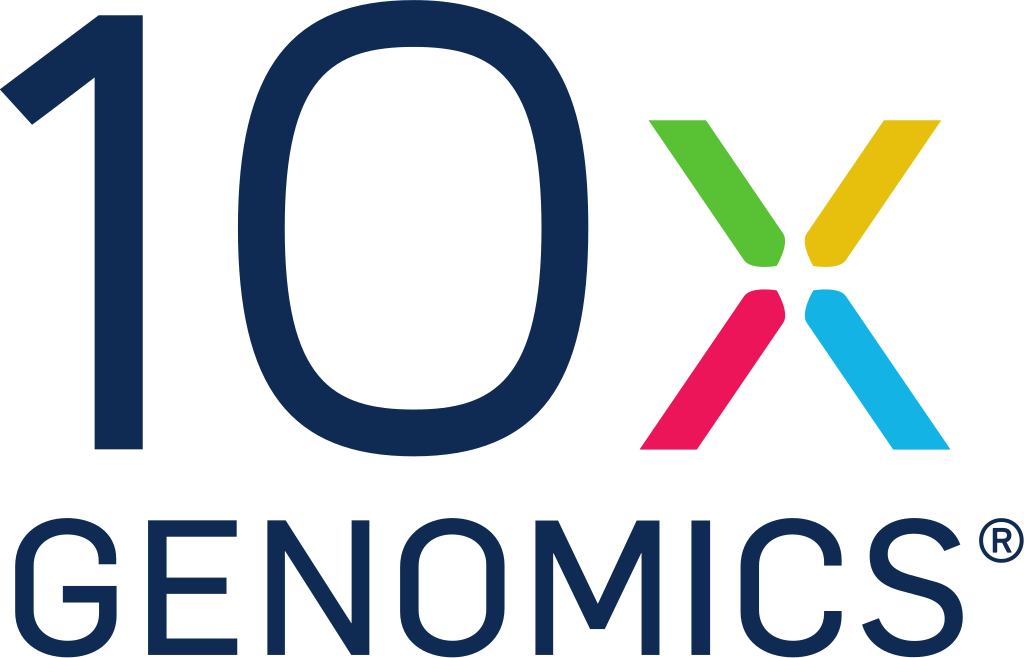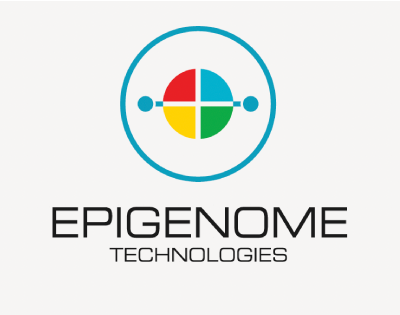About this symposium
For the fourth time, Sanford Burnham Prebys, UC Irvine, and USC are bringing together the Southern California metabolism community. Join us at this one-day symposium to network, make new connections, and discover more of the high-quality metabolism research being conducted here in SoCal at the molecular, cellular, and organismal levels.
This unique event will also showcase the brightest upcoming talents in the field, with presentations from trainees that reflect the breadth of research being undertaken in our region.
Topics
- Metabolic signaling
- Nutrient sensing and utilization
- Cancer metabolism
- Metabolism and aging
Registration
Early Bird Registration from now to February 1, 2026.
Poster session
The symposium will conclude with a drinks reception and poster session where students and postdocs can network, display unpublished data, and discover the exceptional metabolism research happening in Southern California. All attendees are encouraged to submit a poster abstract.
Abstract deadline: February 20, 2026
Acceptance will be acknowledged by February 27, 2026
Short talk presentations
Poster abstracts submitted by trainees will also be considered for short talks. These 15-minute presentations will represent the extent of topics and diversity of people in the Southern California metabolism community.
Acceptance will be acknowledged by February 27, 2026
Special Guest Presenter
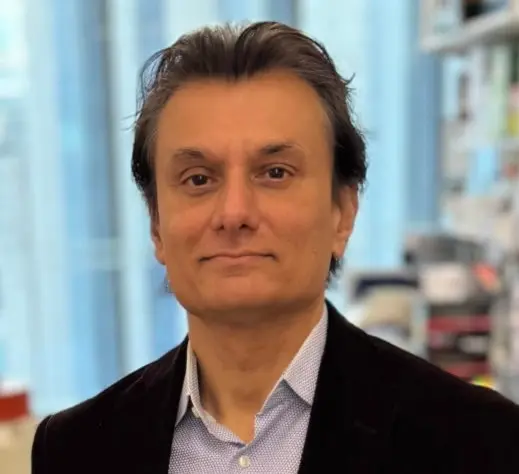
Navdeep S. Chandel PhD
- Northwestern University
Keynote Speaker
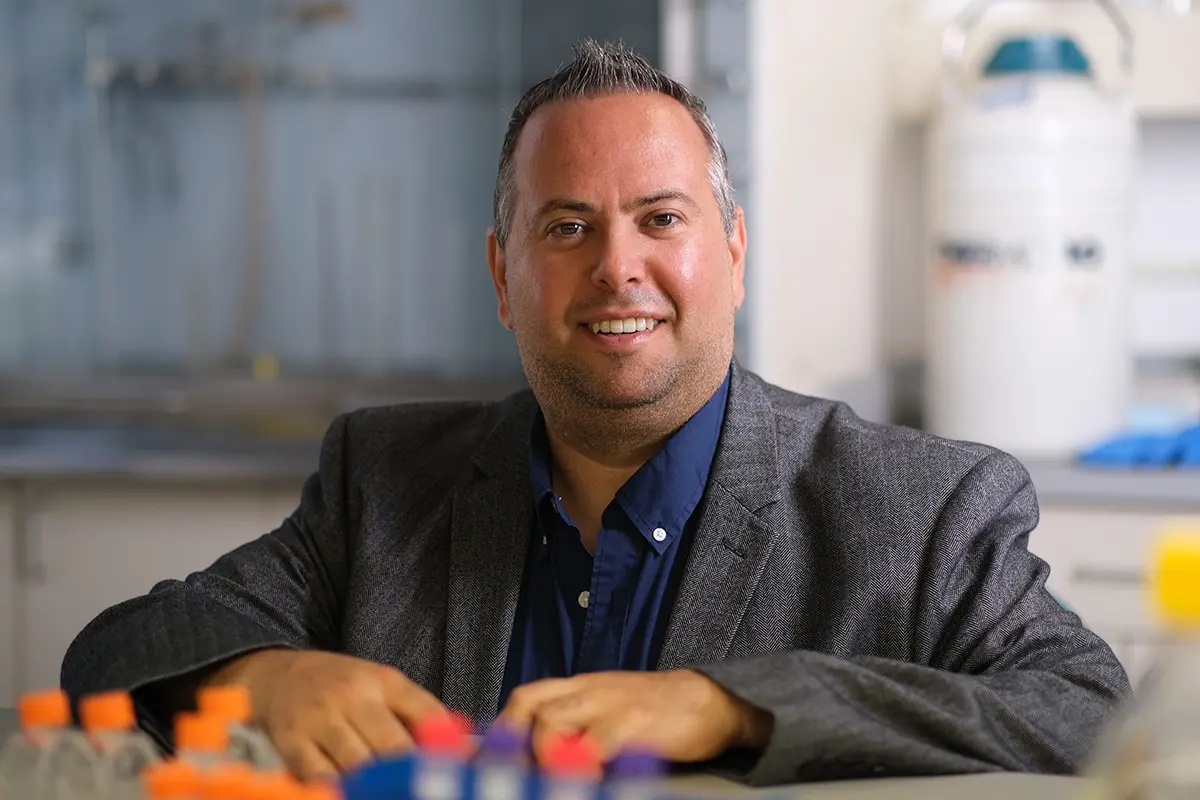
Cosimo Commisso PhD
- Sanford Burnham Prebys
Hosts
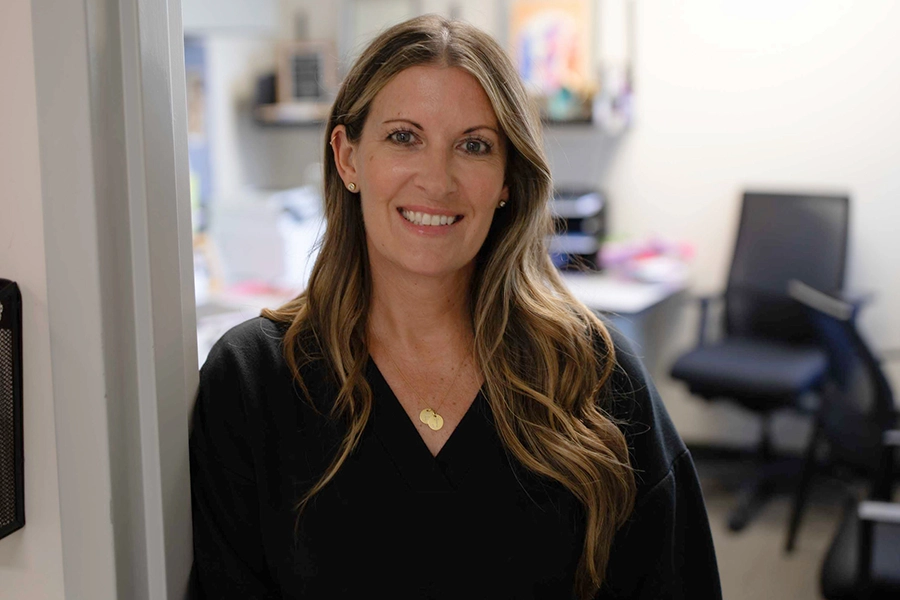
Brooke Emerling PhD
- Sanford Burnham Prebys
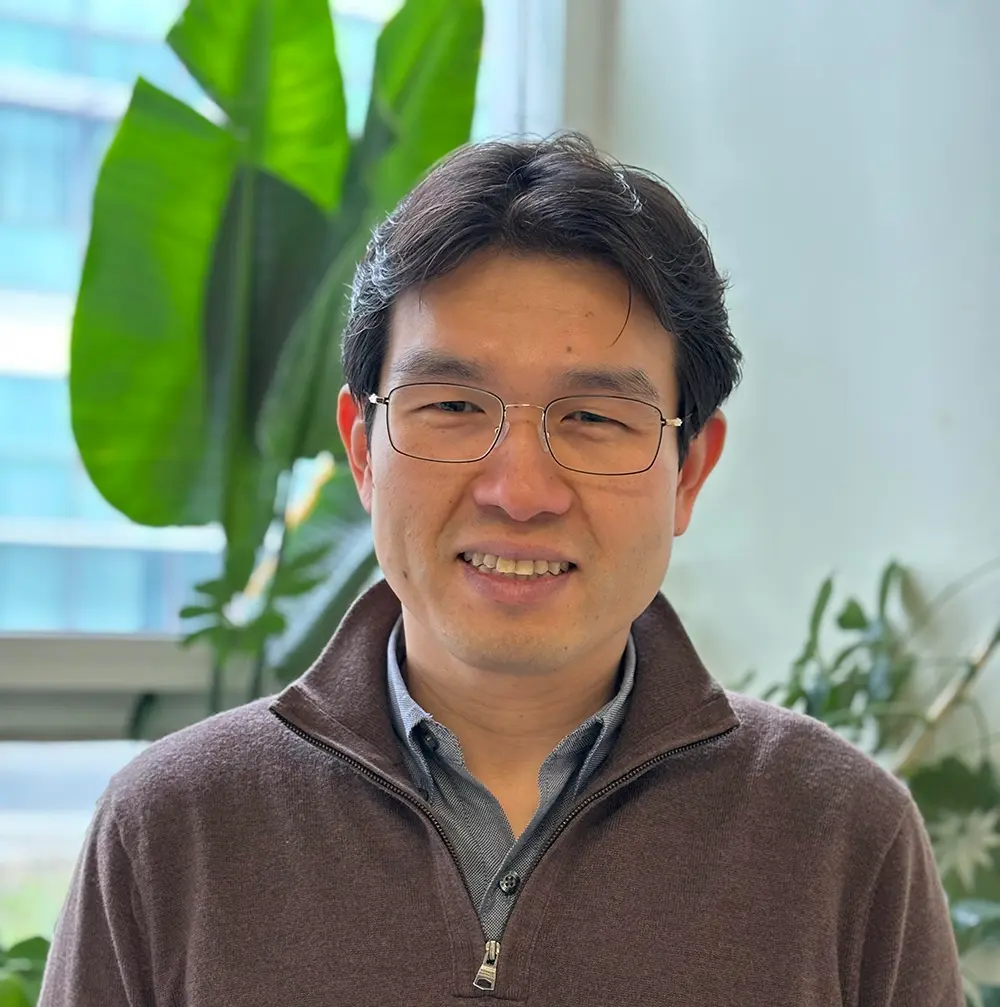
Cholsoon Jang PhD
- UC Irvine
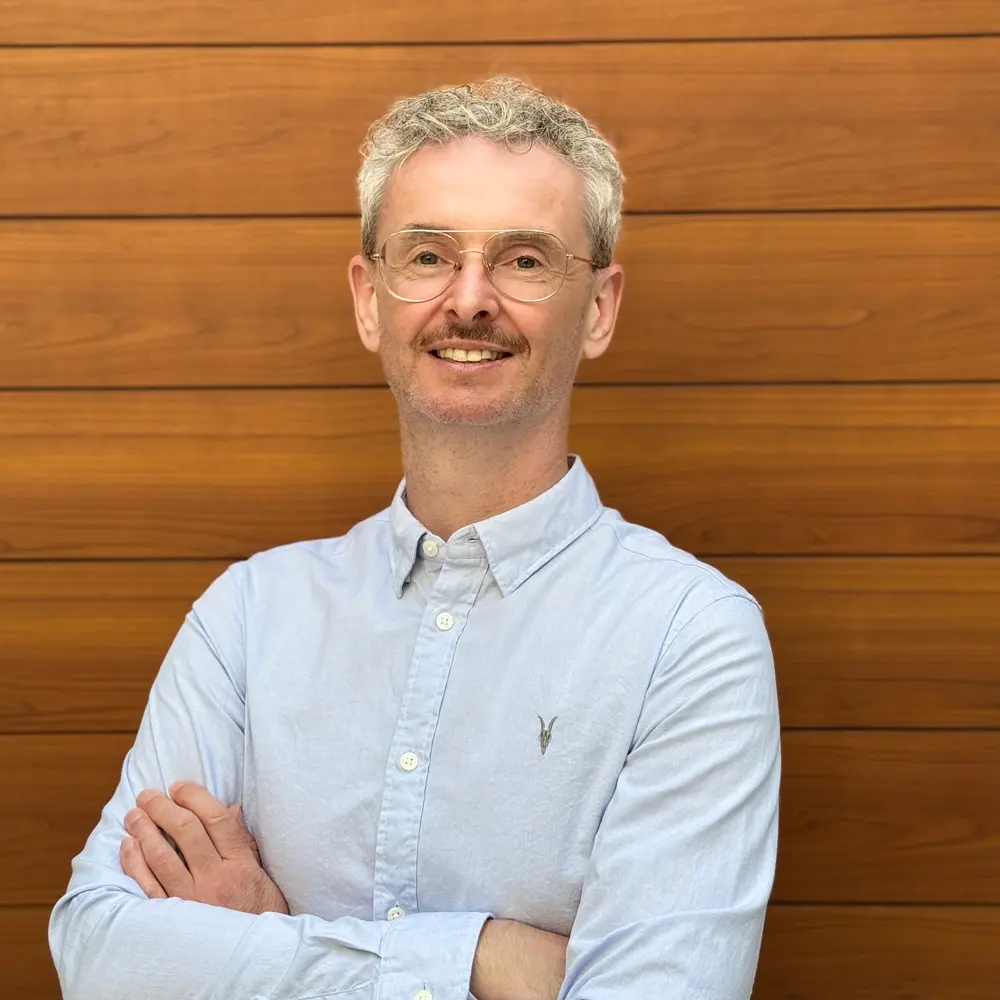
Peter Mullen PhD
- USC
